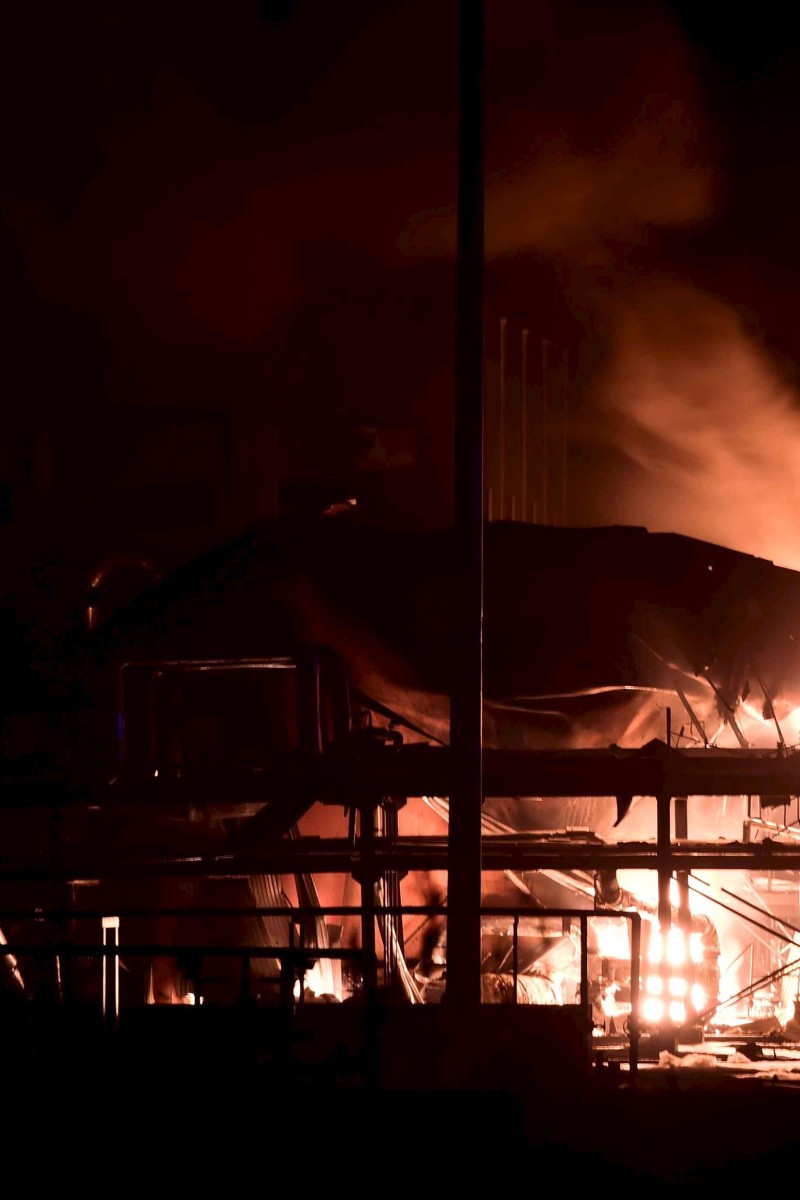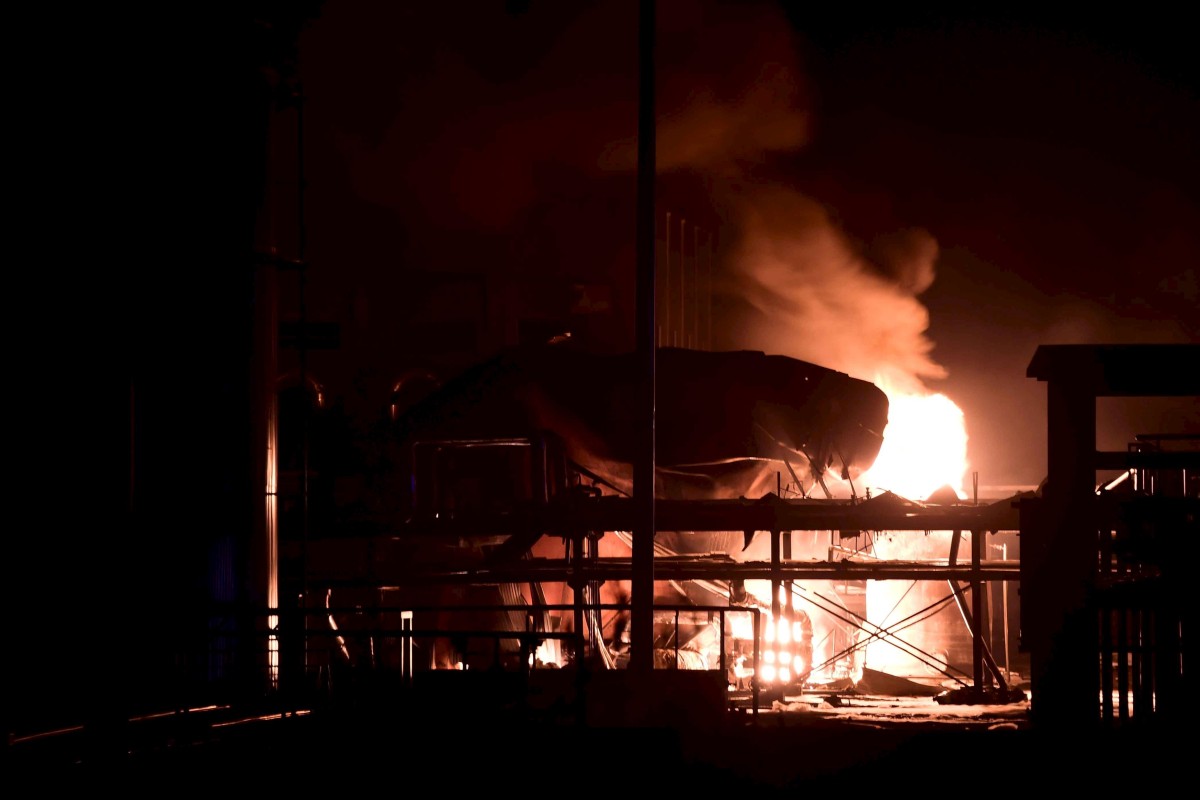
A blast at a chemical plant in the city of Zibo in China has killed one person and injured 9 others, raising more concerns about the country's regulations when it comes to dangerous chemicals
 The blast killed one person and left nine injured.
The blast killed one person and left nine injured.[Update - 5.07pm, August 24]
Death toll in Tianjin blasts raised to 129 and 44 people still missing.
An explosion at a chemical plant in eastern China killed one person and injured nine others, a state news agency reported Sunday, 10 days after a similar disaster at a chemical warehouse in Tianjin killed 123 people.
The explosion happened just before 9pm on Saturday in the city of Zibo in Shandong province, the Xinhua News Agency said. It said firefighters put out the resulting fire just before 2am on Sunday and the case was under investigation.
The person who was killed was an employee of the factory.
Environmental authorities detected no contamination from the blast, according to Xinhua.
The facility, owned by Shandong Runxing Chemical Technology Co. produced adiponitrile, which can give off toxic fumes when burned, according to Xinhua. Adiponitrile is used in making nylon and other products.
The blast follows the August 12 chemical warehouse explosion in Tianjin. On Sunday, the Tianjin city government announced on its microblog account that the death toll in that disaster had been raised to 123. It said 50 people were still missing.
The cause of the Tianjin disaster is still under investigation, although state media say the warehouse - which was storing sodium cyanide and other dangerous chemicals - was located too close to residential areas and may have obtained falsified safety approvals.
The disaster raised concerns about the effectiveness of China’s regulatory bodies and their ability to oversee industries in which they or officials might have vested interests.